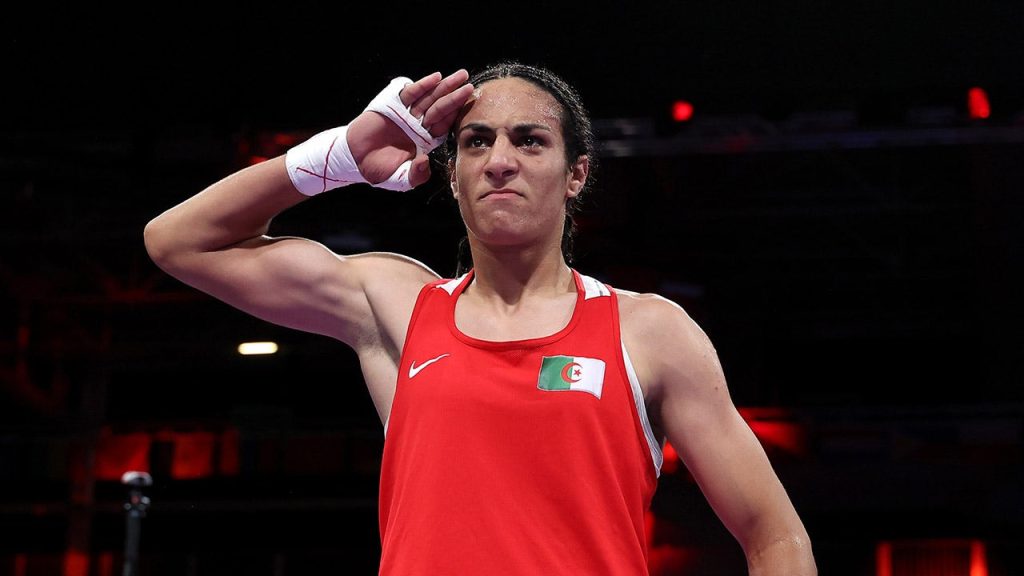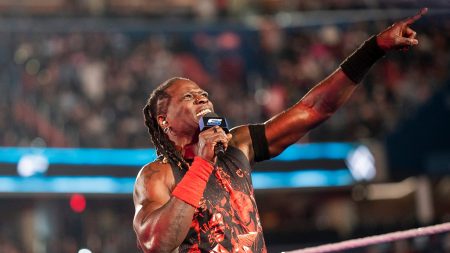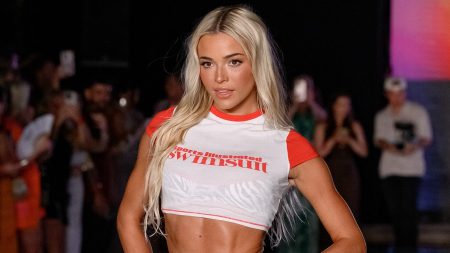Imane Khelif’s victory in women’s boxing at the 2024 Paris Olympics ignited a global controversy that dominated headlines and online searches throughout the year. Khelif’s ascent to Olympic gold was shadowed by questions surrounding her gender identity, making her the most searched athlete on Google in 2024, surpassing even established sports celebrities like Simone Biles, Jake Paul, and Mike Tyson. The controversy stemmed from allegations that Khelif, despite competing in the women’s category, possessed XY chromosomes, typically associated with the male sex. This sparked intense debate about fairness, inclusion, and the very definition of gender in competitive sports.
The controversy gained significant traction after Khelif’s first match against Italian boxer Angela Carini. Carini withdrew from the fight after just 46 seconds, overwhelmed by the power and force of Khelif’s punches, a level unusual in women’s boxing. Carini’s tearful exit and subsequent statements about the pain she experienced fueled public curiosity and concern about Khelif’s eligibility to compete in the women’s division. This incident propelled Khelif into the global spotlight and led to increased scrutiny of her past. Google searches revealed Khelif’s prior disqualification from the 2023 boxing championships due to gender eligibility issues.
Khelif’s disqualification from the 2023 championships further complicated the narrative. The International Boxing Association (IBA) president Umar Kremlev cited DNA tests revealing Khelif’s XY chromosomes as the reason for her removal from the competition. However, the Algerian Olympic Committee attributed the disqualification to “medical reasons,” with Algerian media reporting high testosterone levels as the specific cause. Khelif herself denounced the disqualification as a conspiracy to prevent Algeria from securing a gold medal, further intensifying the controversy and raising doubts about the transparency and consistency of the regulations governing gender in sports.
The International Olympic Committee (IOC), however, staunchly defended Khelif’s participation in the Paris Olympics, asserting her compliance with all eligibility criteria and medical regulations. This stance starkly contrasted with the IBA’s position, creating a rift between the two organizations. The IBA reiterated its concerns about Khelif’s eligibility and underscored the inconsistencies between the IOC’s regulations and their own, highlighting the broader challenge of establishing universally accepted standards for gender determination in sports. The IBA specifically pointed out the discrepancy between its own testing and disqualification of Khelif, and the IOC’s subsequent clearance of the athlete for Olympic competition, creating confusion and casting doubt on the validity of the IOC’s decision-making process.
The controversy surrounding Khelif transcended the sports world and entered the political arena, with then President-elect Donald Trump referencing the boxer’s match against Carini during a campaign rally. Trump’s remarks, which framed Khelif as a transgender athlete competing unfairly against cisgender women, further polarized public opinion. Khelif responded to Trump’s comments, criticizing his unfounded statements and highlighting the politicization of the issue. This exchange demonstrated how the controversy extended beyond the realm of sports, becoming a focal point in broader societal debates about gender identity and inclusion.
The intense scrutiny and criticism directed at Khelif culminated in legal action. The boxer filed lawsuits against prominent figures like Elon Musk and J.K. Rowling, accusing them of sex-based cyber harassment for their public remarks about her participation in the Olympics. Khelif also threatened to sue a French journalist for a report alleging the boxer had testicles. These legal battles underscored the personal toll the controversy took on Khelif and highlighted the complex intersection of gender, sports, and free speech in the digital age. The lawsuits raised important questions about the balance between legitimate criticism and harassment, particularly in the context of highly sensitive and controversial topics.










